日本は、福島原発での原子炉事故から12年後、太平洋への放射能汚染水の放出を開始しました。
地震と津波による原発のメルトダウンが原因です。中国と韓国からの抗議にもかかわらず、国際原子力機関(IAEA)はその水が人々や環境に与える放射線の影響は微少であると述べています。
原子炉の燃料棒を冷却する試みの際に汚染された水は、効果的に取り除くことができないトリチウムと呼ばれる放射性水素同位体を含んでいます。
専門家の間では、放出が安全であるとする意見が一般的ですが、海洋生物や環境への長期的な影響に関しては、一部の科学者が不確実性を示しています。
放出される水中のトリチウム濃度は、IAEAと日本の測定によれば、安全基準を大幅に下回っています。
しかし、グリーンピースなどの環境団体を含む批判者は、潜在的なリスクや影響評価の不十分さについて強調しています。中国は放出された水に対する懸念を挙げ、日本産の魚介類の輸入を禁止しました。
これは一部の人々から政治的な意図があると見なされています。
漁師たちは評判への損害と職の喪失を心配しており、韓国の伝統的な女性ダイバーや太平洋にさらされる他の人々にも懸念が残っています。
ソース:BBC NEWS The science behind the Fukushima waste water release

Japan has started releasing treated radioactive water from the Fukushima power plant into the Pacific Ocean, twelve years after a nuclear meltdown caused by an earthquake and tsunami.
Despite protests from China, and South Korea, and concerns within Japan, the International Atomic Energy Agency (IAEA) states that the water’s radiological impact on people and the environment will be negligible.
The water, contaminated during efforts to cool the reactors’ fuel rods, contains a radioactive hydrogen isotope called tritium that cannot be removed effectively. While experts generally believe the release is safe, some scientists express uncertainty about its long-term impact on marine life and the environment.
Tritium levels in the released water are well below safety limits, as per the IAEA and Japan’s measurements.
However, critics, including environmental groups like Greenpeace, emphasize potential risks and inadequacies in impact assessments.
China has banned Japanese seafood, citing concerns over the released water, a move seen by some as politically motivated.
Fishermen worry about reputational damage and job losses, while concerns remain among traditional female divers in South Korea and others exposed to the Pacific Ocean.
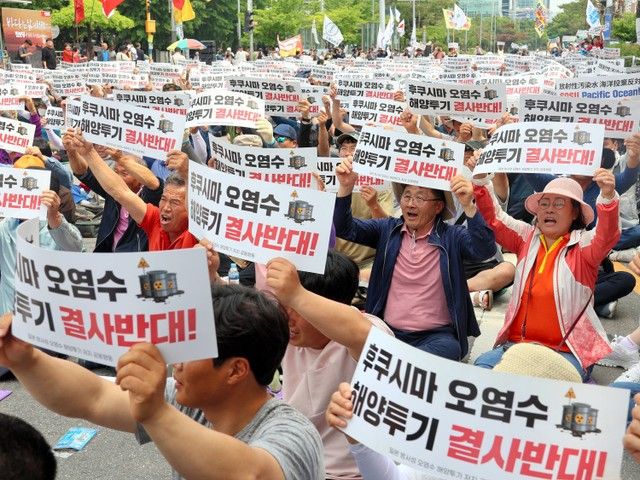
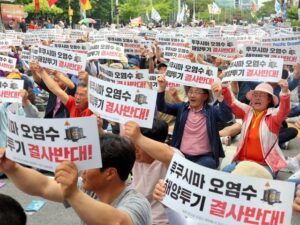
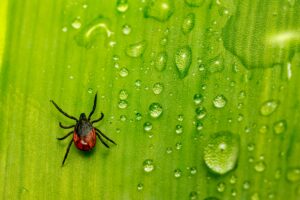
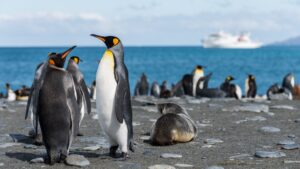
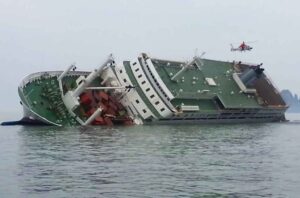






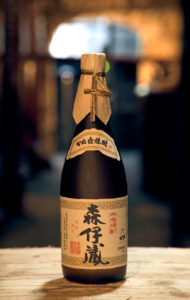
コメント